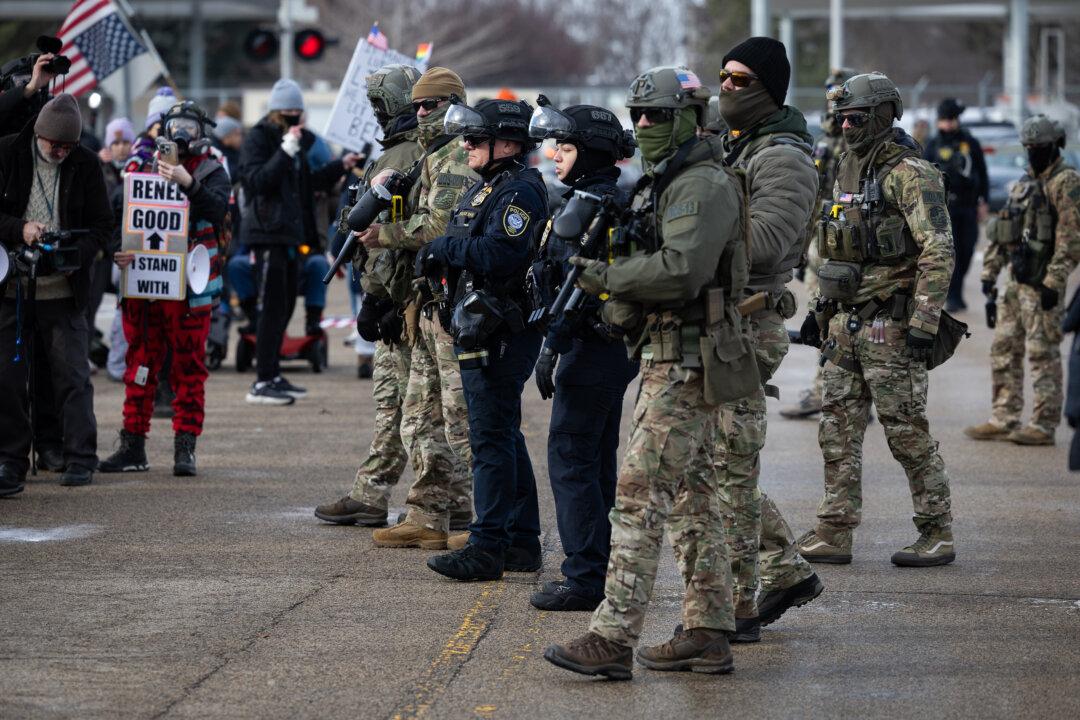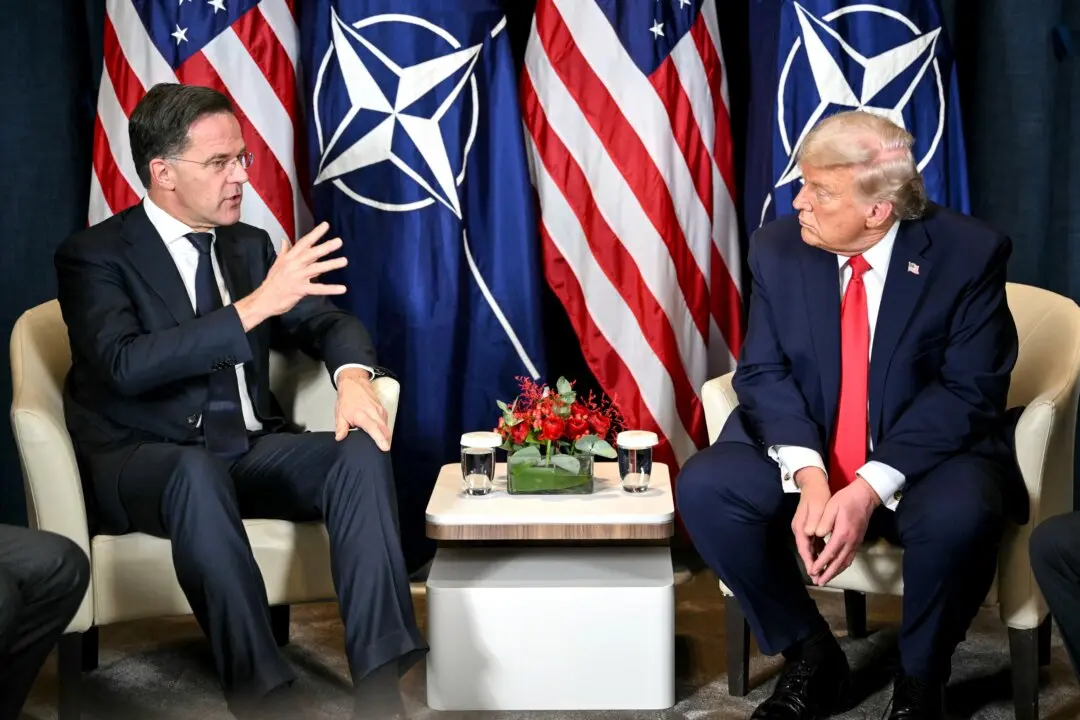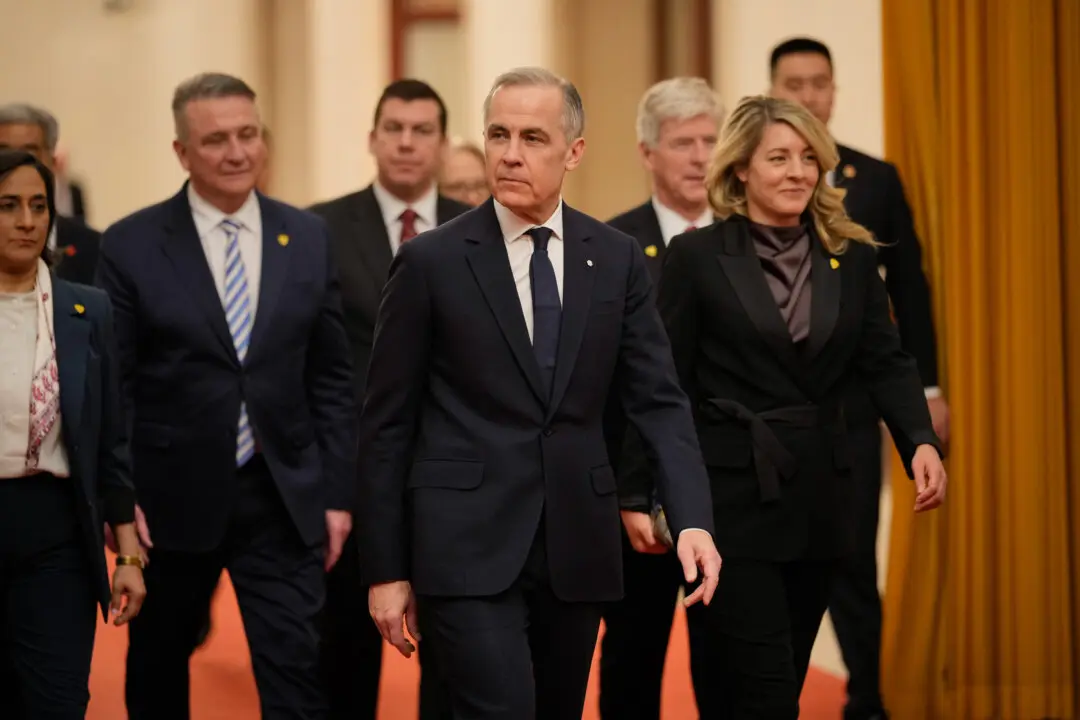Commentary
The Ukraine war on the ground is progressing reasonably satisfactorily for the anti-Russians. The Kremlin evidently agreed with the ineffable Joint Chiefs of Staff chairman, Gen. Mark Milley’s estimate that Russia would occupy Kiev within three days. They are now four weeks late and have made no progress in the last week.





